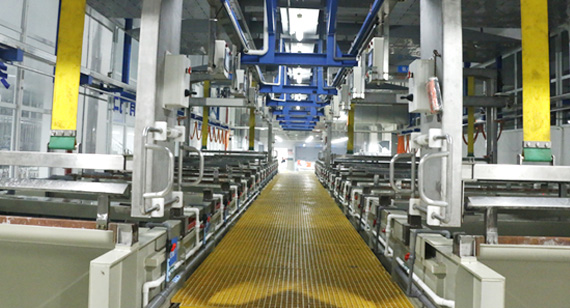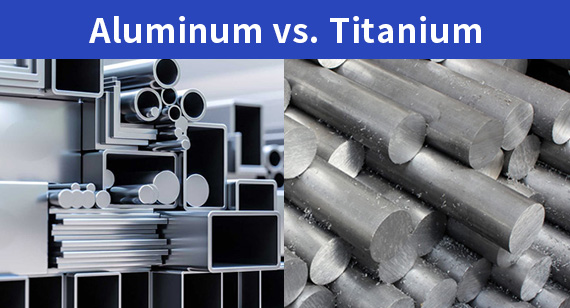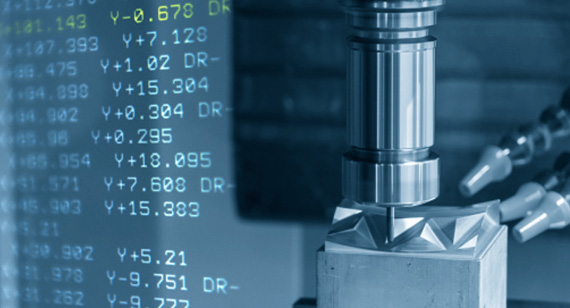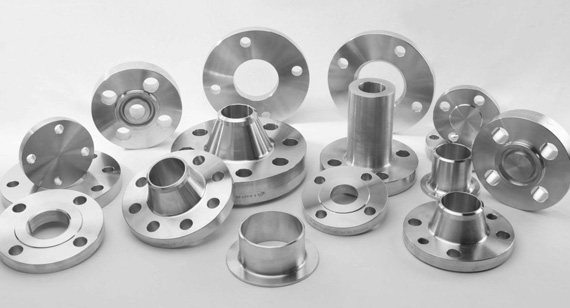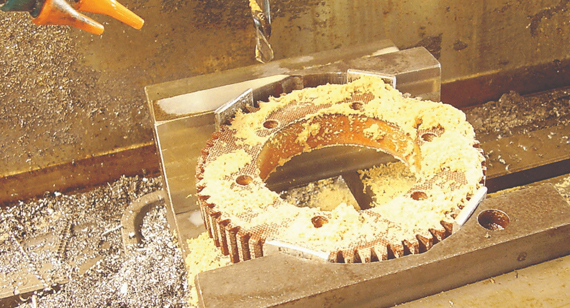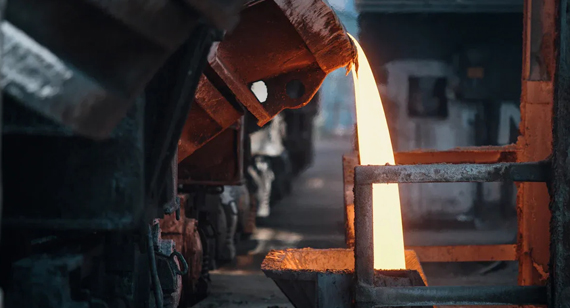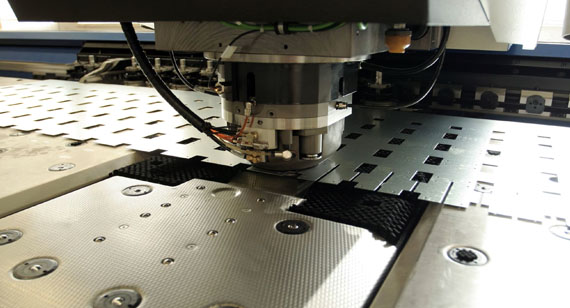15 years one-stop China custom CNC machining parts factory
The VMT blog is dedicated to sharing our hard-earned knowledge in prototype manufacturing. We hope these articles will help you optimize your product designs and gain deeper insight into the world of rapid prototyping. Enjoy the read!
Get an Instant Quote VMT
VMT  2025 06 12
2025 06 12 Anodizing is an electrochemical process that enhances metal surfaces—especially aluminum—by forming a protective oxide layer. This improves corrosion resistance, wear resistance, durability, and aesthetics. It’s widely used for anodized CNC machining parts in industries such as aerospace, medical, and automotive. Aluminum anodizing is the most common due to its excellent compatibility and performance.
 66
66
 Read more
Read more
 VMT
VMT  2025 06 11
2025 06 11 Aluminum is best for lightweight, cost-sensitive applications with high conductivity needs, while titanium excels in high-stress, corrosion-prone environments where strength and durability are critical. Choosing between aluminum vs. titanium depends on project-specific priorities like mechanical load, machining ease, and budget.
 66
66
 Read more
Read more
 VMT
VMT  2025 06 10
2025 06 10 M‑code commands in CNC machining activate essential machine functions like spindle start/stop, coolant control, and program end. Understanding and correctly programming M code CNC ensures efficient operations, reduces errors, and enhances part quality—vital in CNC machining parts production and industrial automation.
 66
66
 Read more
Read more
 VMT
VMT  2025 06 09
2025 06 09 316 and 316L stainless steel die casting CNC parts deliver superior corrosion resistance, high tensile strength, and excellent creep and heat resistance. With excellent machinability, intricate molding capabilities, and compatibility with die casting processing services, they offer optimal strength and durability—perfect for marine, chemical, and food-processing industries.
 66
66
 Read more
Read more
 VMT
VMT  2025 06 05
2025 06 05 Pipe flanges offer more than just durability. They simplify the assembly and repair process, saving both time and money during maintenance. Studies show that pipe flanges facilitate quick disassembly and reassembly, reducing labor costs and enhancing worker safety. Whether you require standard or custom designs, CNC machining services from a reliable cnc machining factory like VMT deliver precise and trustworthy results.
 66
66
 Read more
Read more
 VMT
VMT  2025 06 03
2025 06 03 Manufacturers often encounter difficulties in sourcing materials that effectively combine heat resistance, electrical insulation, and durability. These challenges can result in production inefficiencies and reduced product quality. If you're facing such issues, Bakelite CNC machining provides an ideal solution. By leveraging advanced CNC machining services and the exceptional properties of Bakelite, this process delivers dependable, high-quality components. Whether you're collaborating with a CNC machining factory or managing in-house production, Bakelite CNC machining ensures consistent and superior results.
 66
66
 Read more
Read more
 VMT
VMT  2025 06 02
2025 06 02 Metalworking has two main ways to shape metal: casting and fabrication. Casting means pouring melted metal into molds, allowing it to cool and harden into the needed shape. Fabrication, on the other hand, uses cutting, bending, and joining solid metal pieces. Each method has its own pros and cons. Casting is great for making detailed designs, while fabrication is better for precise work. These methods also influence how they work with CNC machining services. CNC machining makes metal parts very exact, which is essential for high-quality production in a CNC machining factory. Understanding these methods helps you choose the best one for your project.
 66
66
 Read more
Read more
 VMT
VMT  2025 05 30
2025 05 30 Sheet metal punching is a manufacturing process that utilizes a punch and die to create holes, slots, or specific shapes in metal sheets. This method is integral to CNC machining services, enabling the production of precise and complex components across various industries. Its efficiency and adaptability make it a cornerstone in modern fabrication practices.
 66
66
 Read more
Read more
Ready To Start Your Next Project?
Get Instant Quote

Request a Free Quote
Send us a message if you have any questions or request a quote. We will get back to you ASAP!
